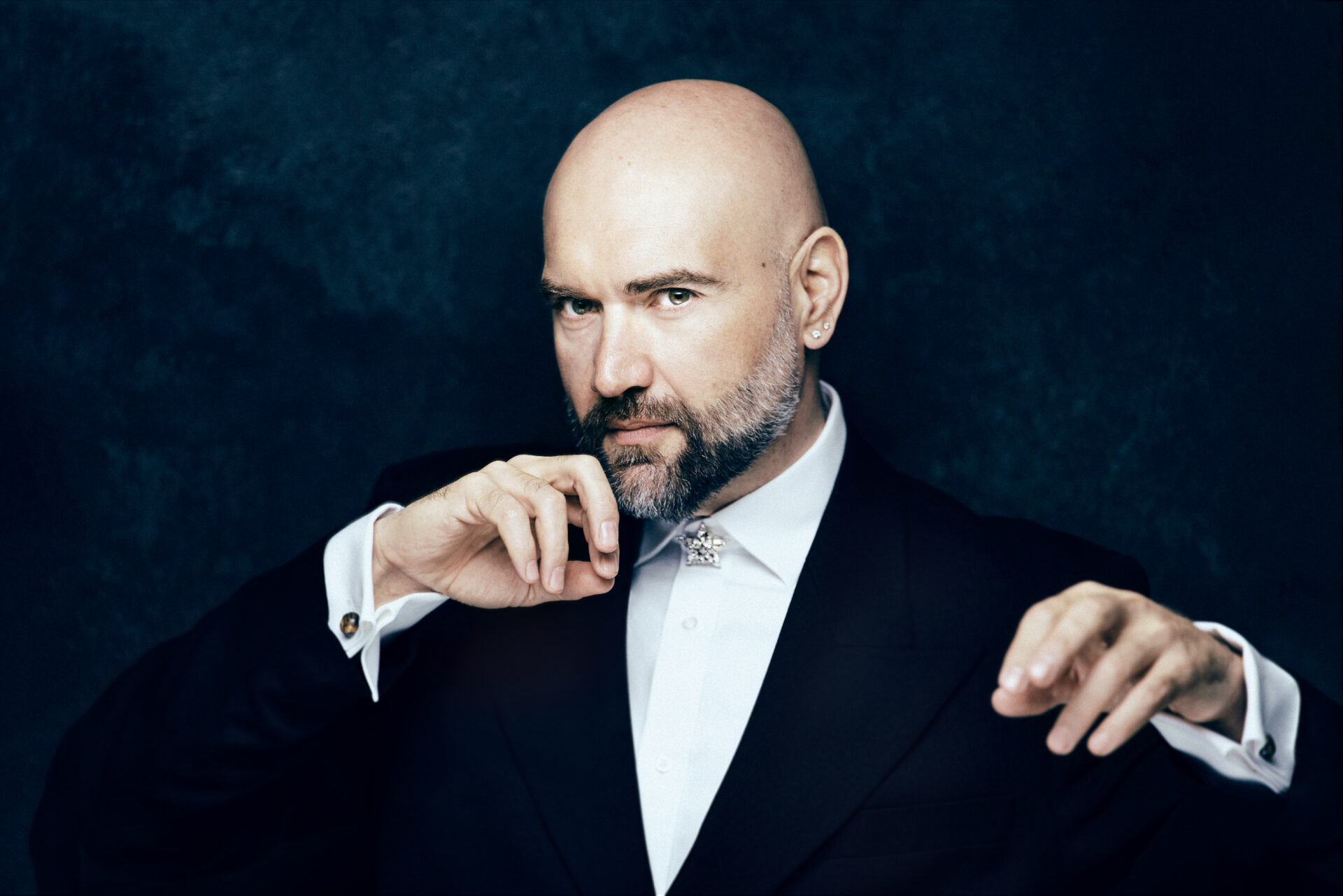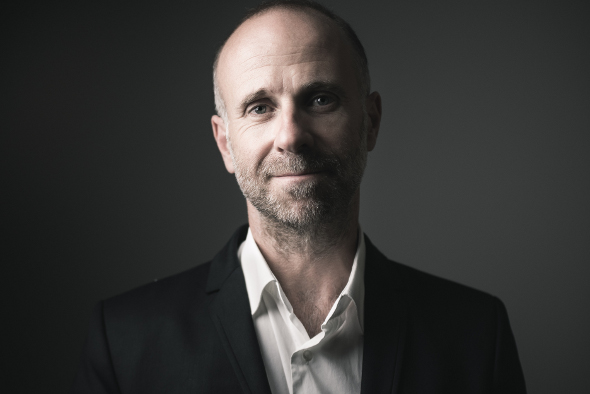Furioso
Fury, Madness, and Virtuosity of a Baroque Hero
Arias and Sinfonias from:
Orlando generoso (1691), Agostino Steffani (1654-1728)
Orlando furioso (1727), Antonio Vivaldi (1678-1741)
L’Angelica (1720), Nicolà Porpora (1686-1768)
L’Angelica vincitrice di Alcina (1716), Johan Joseph Fux (1660-1741)
Orlando (1733), Georg Friedrich Händel (1686-1759)
Xavier Sabata, countertenor
Le Concert de l’Hostel Dieu (Reynier Guerrero, solo violin)
Franck-Emmanuel Comte, harpsichord and musical direction
On stage:
''Orchestra'' version: 15 instrumentalists (10 strings, 2 oboes, bassoon, theorbo, harpsichord) + 1 soloist. ''Da camera'' version: 7 instrumentalists (5 strings, theorbo, harpischord) + 1 soloist.
Ariosto’s monumental epic poem Orlando furioso ["Frenzy of Orlando"] has had incredible influence on the history of the arts in general, and on music in particular. Vivaldi and Handel’s operas centered on its dramatic multifaceted hero are well known, but those of Steffani, Fux, and Propora remain unfamiliar to most audiences…
“For me, Orlando also represents the modern man in perpetual motion. All of the characters, but especially Orlando, are seeking to accomplish a goal, to discover something. Orlando runs, flees, and never stops moving in the hope of obtaining his heart’s desire. He does not know how to appreciate what he already has, and sets himself on a dizzying race, inexorably seeking that which he thinks will bring him happiness, wealth, and tranquility. The knight devotes all of his energy to this illusive quest. He loses himself in a utopia, where fact and fiction become mutually confused, in order to justify the emptiness that prevents him from finding peace. Fantasy and reality clash, and madness seems to be the only way to mitigate the pain. In this way, our concert could also be described as a voyage toward madness, a madness that penetrates to the very center of one’s being and thereby reveals its inner working”.
Xavier Sabata, 2024


